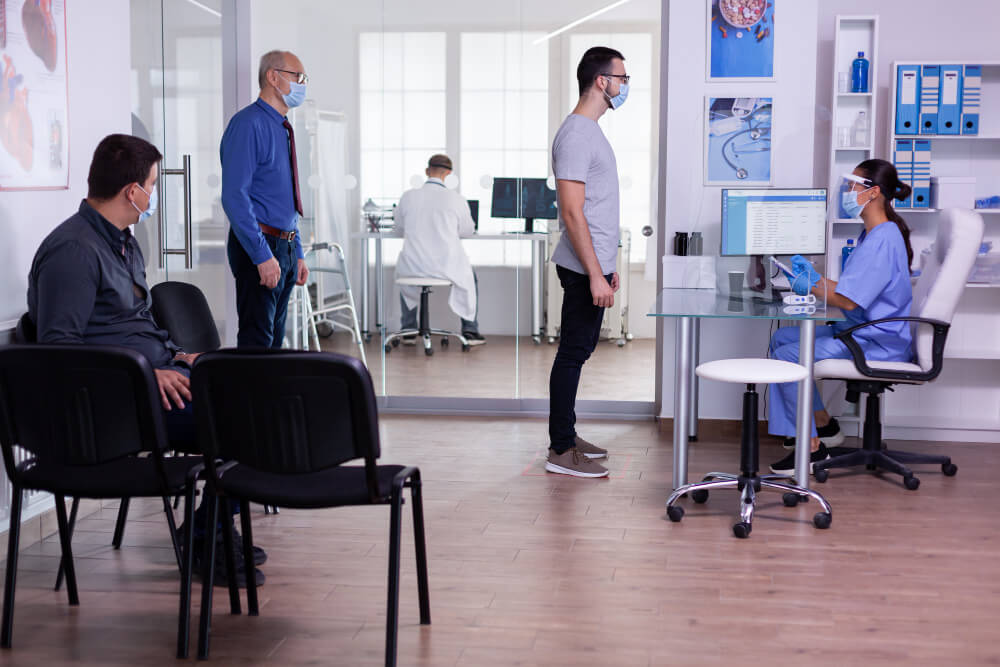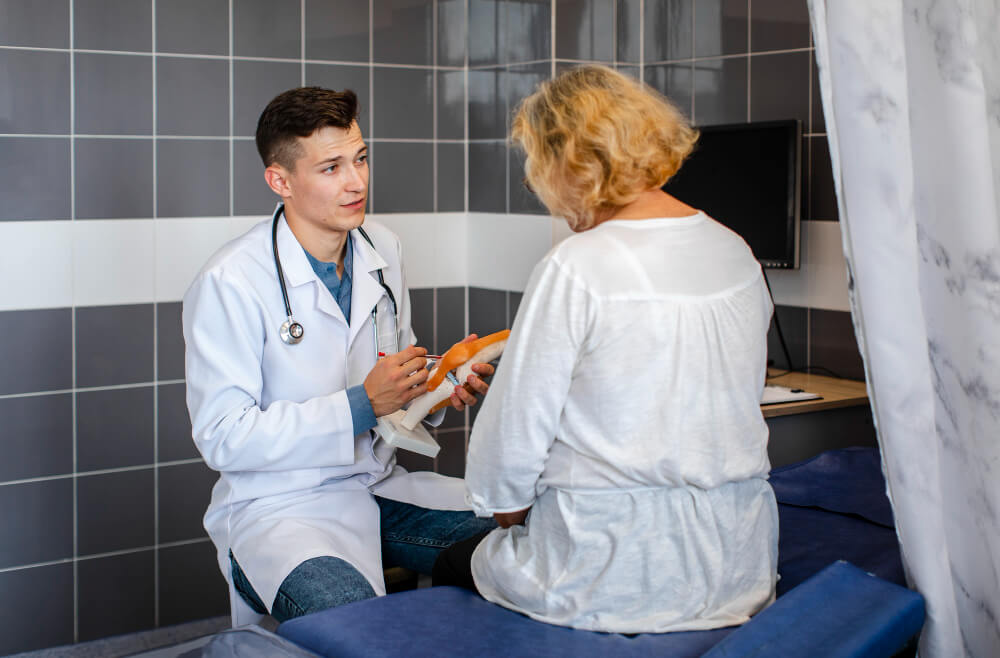Feeling Under the Weather? Why Walk-In Clinics Can Be Your Quick Fix
Life throws curveballs, and sometimes those curveballs come in the form of unexpected illness or minor injuries. When you’re feeling under the weather but it doesn’t seem like an emergency room (ER) visit is necessary, walk-in clinics emerge as a convenient and efficient solution. But how do you know if a walk-in clinic is the right choice for you?
This guide dives into the world of walk-in clinics, also known as urgent care centers. We’ll explore what they are, the types of conditions they treat, the benefits of using them, and how to decide if a walk-in clinic is the best fit for your needs.
Walk-In Clinics: A Convenient Option for Minor Ailments
Walk-in clinics, often operating under the umbrella of urgent care centers, are a bridge between your primary care physician and the ER. They offer faster access to medical attention than waiting for an appointment with your regular doctor, while providing care for a wider range of conditions than you might find at a retail clinic located within a pharmacy.
Here’s a breakdown of what sets walk-in clinics apart:
- No Appointments Needed: The hallmark of walk-in clinics is the flexibility they offer. You can simply walk in and be seen by a healthcare professional, often with minimal wait times compared to a primary care visit.
- Extended Hours: Unlike traditional doctor’s offices, many walk-in clinics boast extended hours, including evenings and weekends. This is a lifesaver when you experience a sudden illness or injury outside of regular business hours.
- Focus on Minor Conditions: While they can’t handle life-threatening emergencies, walk-in clinics are equipped to diagnose and treat a wide range of minor illnesses and injuries.
- On-Site Diagnostics: Many walk-in clinics have basic diagnostic equipment, such as X-ray machines, allowing for quicker diagnoses and treatment plans.
- Prescriptions Available: If needed, walk-in clinics can prescribe medications to get you started on the path to recovery.
When Can a Walk-In Clinic Be Your Superhero?
Walk-in clinics are a great option for a variety of situations. Here are some common examples:
- Colds and Flu: Feeling achy, feverish, or battling a sore throat? Walk-in clinics can diagnose your illness and provide symptom relief medications.
- Earaches: Sudden earaches can be quite uncomfortable. Walk-in clinics can examine your ears and offer appropriate treatment.
Minor Cuts, Scrapes, and Burns: Non-life-threatening cuts, scrapes, and burns can be cleaned and dressed by healthcare professionals at walk-in clinics. - Sinus Infections: Sinus congestion and pain can make daily life miserable. Walk-in clinics can diagnose a sinus infection and provide antibiotics if necessary.
- Urinary Tract Infections (UTIs): UTIs can be treated with antibiotics. A walk-in clinic can diagnose a UTI and prescribe the appropriate medication.
- Allergies: Seasonal allergies can cause sneezing, runny nose, and itchy eyes. Walk-in clinics can offer relief medication and treatment recommendations.
- Minor Sprains and Strains: Sprained ankles, pulled muscles, or minor sports injuries can be effectively managed at walk-in clinics with pain management techniques and supports like braces.
- Travel-Related Illnesses: Feeling unwell after a trip? Walk-in clinics can assess your symptoms and provide treatment for common travel illnesses.
Remember, this is not an exhaustive list. It’s always best to consult with a healthcare professional at the walk-in clinic to determine if they can treat your specific condition.
Beyond the Band-Aids: Surprising Services Offered by Walk-In Clinics
Many walk-in clinics offer a broader range of services than you might initially think. Here are some additional services you might find at certain walk-in clinics:
- Immunizations: Catch up on missed vaccinations or get travel vaccinations at some walk-in clinics.
- Physicals and Screenings: Some clinics offer sports physicals, school physicals, or basic health screenings.
- Occupational Medicine: Certain walk-in clinics cater to work-related injuries or drug testing needs.
- Women’s Health: Some clinics provide basic women’s health services like pregnancy testing or birth control options.


